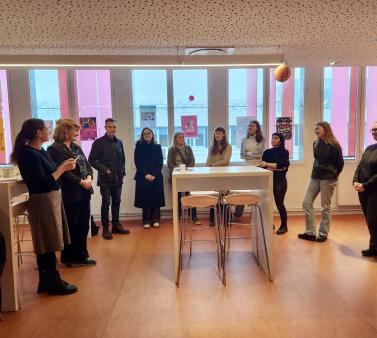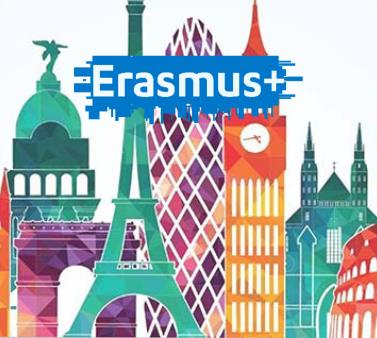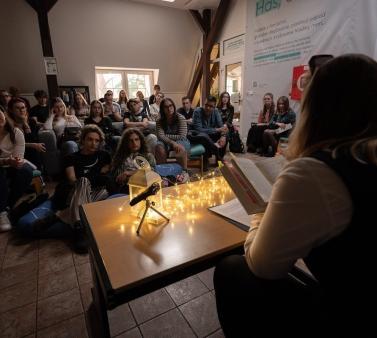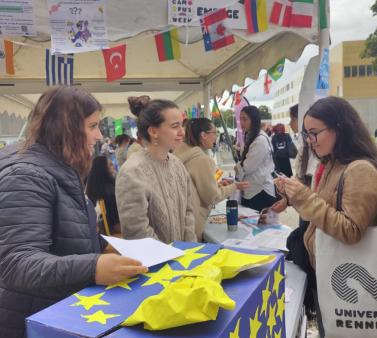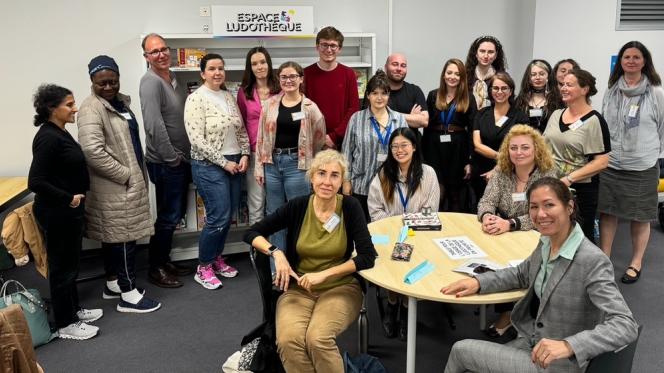
A recent program, "Innovative Teaching Approaches and LSP for Language Teachers," brought together students and educators from across Europe for an immersive experience focused on cutting-edge teaching techniques with the help of the project Gameland. The central theme of the program was to explore how gamification and game-based learning can enhance Languages for Specific Purposes (LSP) instruction, providing participants with practical tools to integrate these strategies into their learning and teaching environments.
Participants, undergraduate and graduate students as well as teachers, came from Europa Universität Flensburg (Germany), Matej Bel University (Slovakia), Adam Mickiewicz University (Poland), and Université de Galati Roumanie (Romania).
The program was divided into two parts. The first phase, conducted remotely at the end of September, introduced the group to the numerous concepts, tools and resources they would be using for the duration of the project with the help of the virtual platform WorkAdventure, created by the Rennes 2 Espace des Langues. The second phase took place in person at the Rennes 2 Villejean campus, where participants continued the activities they had started remotely. Sessions focused on combining game mechanics with language acquisition strategies, showcasing how games can motivate learners and emphasized cross-cultural exchange, integrating various educational experiences and pedagogical approaches into the gamification framework.

A highlight of the programme was the introduction of the Escape Room, titled “Alice in Gameland,” developed as part of the Gameland Project’s WP3 (Work Package 3). This escape room was designed as an educational tool that uses storytelling, puzzles, and game elements to engage participants in solving tasks collaboratively, enhancing both language skills and problem-solving abilities in a creative, interactive format.

Participants experienced firsthand how such gamified environments could be adapted for their own use. This activity was then implemented as a real escape game (with the help of the SMARTED team) during the week where participants were present on campus.
The BIP not only provided participants with fresh insights into active learning techniques, but also advanced the Gameland Project’s objectives of fostering creativity and engagement in education through game-based learning.
Gameland is an Erasmus+ Strategic Partnerships project and is coordinated by: the Universita Degli Studi di Napoli Federico II (Italy), with project partners: Uniwersytet Im. Adama Mickiewicza (Poland), Burdur Mehmet Akif Ersoy University (Turkiye), Smarted Srl (Italy) and Lviv Polytechnic National University (Ukraine). The project is funded through September 2025.

